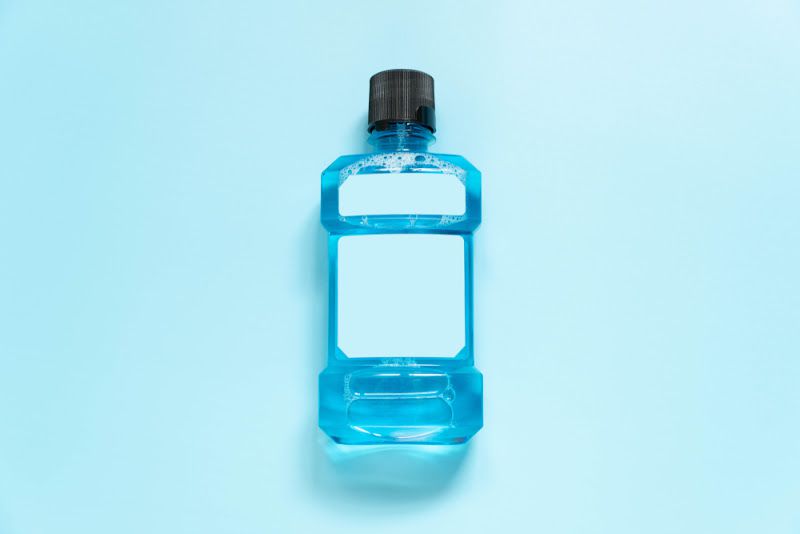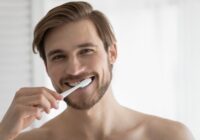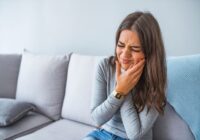
With COVID-19 commanding headlines across the globe, millions around the world are waiting in the wings for a cure or vaccine to this deadly virus. Unfortunately, while strides are being made to treat the symptoms of the illness, treating the illness itself has thus far not been possible.
Preventing COVID-19, on the other hand, is a different story. With measures such as social distancing, frequent hand-washing, and the wearing of protective masks, many people are doing what they can to lower their risk of contracting COVID-19/coronavirus.
Now, one study is suggesting a common household product could help reduce the risk of contracting the illness.
Dr. Martin Abelar is a dentist from San Diego, California. He says that maintaining oral health is a great idea even when we’re not in a global pandemic- but that one particular oral hygiene step may be more helpful than previously thought.
“A recent study from Cardiff University claims that using mouthwash may help prevent COVID-19,” says Abelar.
The researchers believe that mouthwash works by “targeting enveloped viruses” similar to COVID-19 and could possibly target COVID-19, too.
“It’s important to remember this isn’t proven yet,” explains Abelar. “But researchers are working to see if it is, and if it is, adding or continuing a mouthwash in your oral health routine will be an easy remedy you can do at home to improve your chances of preventing COVID-19.”
Abelar says for patients who want to start using a mouthwash now before the results are in, they should aim for a rinse that contains hydrogen peroxide but not alcohol.
“Alcohol kills germs but it can be very drying to the oral cavity,” he explains “This can cause dry mouth and bad breath.”
According to Abelar, adapting mouthwash to your routine is easy.
“We recommend you start your oral hygiene routine with mouthwash first, to help loosen any debris in the mouth and make it easier to brush away. Then continue with flossing, and then brush last. This will give you a chance to sweep away any bacteria and plaque, but it will also leave the fluoride from your toothpaste on your teeth after you’ve finished brushing. This strengthens the enamel of your teeth, leaves your breath fresh, and helps fight off new bacteria trying to wreak havoc on your teeth and gums.”
Abelar also cautions patients to listen to state and local directives about preventing the coronavirus, such as wearing protective gear and avoiding crowded spaces.






